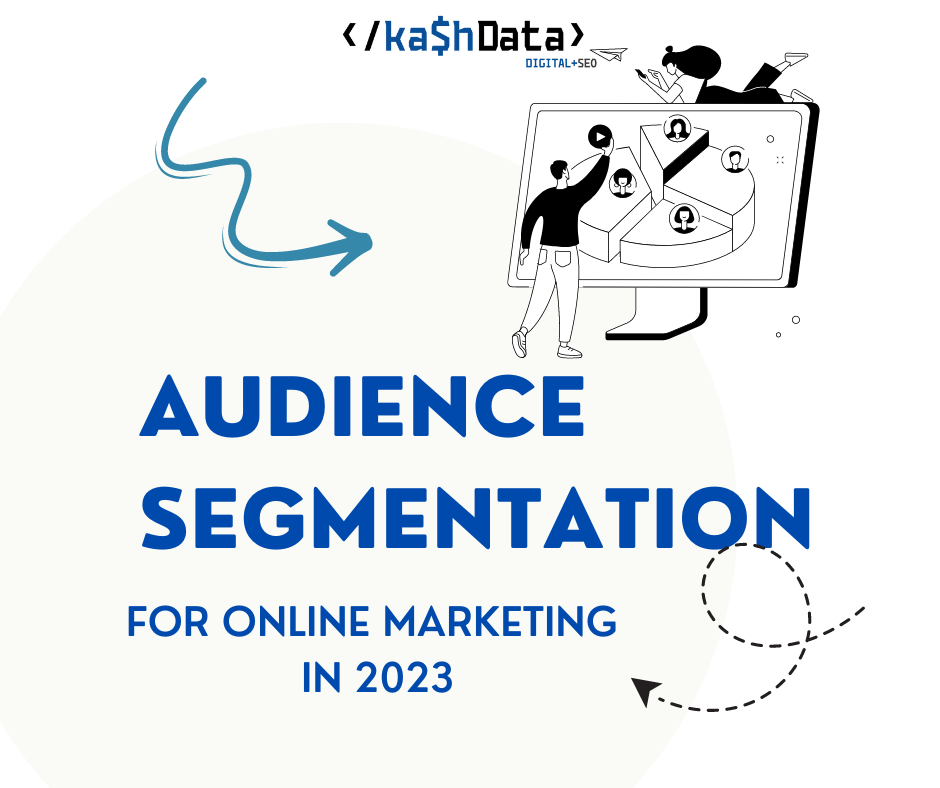
Why Website Design Matters in Digital Marketing Strategy?
November 9, 2022
Benefits and Strategies for Audience Segmentation for your online marketing.
February 1, 2023
Search Engines in 2023 produce results for any search term that a user types. To accomplish this, they examine and “understand” the massive network of websites that comprise the web. They use a complex algorithm to choose which results to display for each search query.
What is SEO?
Search engine optimization (SEO) is the activity of optimizing your website to appear higher on a Search Engine Results Page (SERP), resulting in more visitors. Often, the goal is to rank on the top page of Google results for search terms that are important to your target audience. As a result, SEO is as much about understanding your audience’s wants and needs as it is about the technical aspects of how to set up your website.
Why is SEO mainly focused on Google?
Many people associate the word “search engine” with Google, which controls over 80% of the global search engine market. Because Google is the major search engine, SEO is mainly focused on what works best for Google. It’s helpful to understand how and why Google works.
What does Google want?
Google is meant to provide its users, or searchers, with the best search experience possible. This entails delivering the most relevant results as soon as possible. The search term (the user input) and the search results are the two most important aspects of the search experience (the output).
Anatomy of Search engine Results page
SERPs are made up of paid and “organic” search results, with organic results not contributing to Google’s revenue. Google instead provides organic results based on its evaluation of a site’s relevancy and quality. Google will add different features on the SERP depending on the type of search query, such as maps, photos, or videos.
The number of advertisements on a SERP is determined by what people have searched about. If you search for “shoes,” for example, you’ll likely find that many of the top results are advertisements. In fact, you’ll most likely have to scroll down to locate the first organic result.
A question like this typically generates many advertisements because the searcher is likely looking to buy shoes online, and there are several shoe companies who are willing to pay for an Ad using the PPC Platform like Google Ads.
On the other hand, you will get different results if you search for something like “Atlanta Falcons.” The top results are related to that because the professional American football team with that name is mainly found with this search. But the question is still not very obvious. You may see their homepage, knowledge graph, and recent news. These three types of results at the top show that Google doesn’t know exactly what you were looking for, but it still offers quick links to find out more about the team, read their most recent news, or visit their website.
Advertisers are unwilling to bid for the term because there doesn’t seem to be any purchase intent behind the query, hence there are no AdWords results. The SERP results, however, shift to include more sponsored results if you adjust your search to “Atlanta Falcons hat,” which tells Google that you could be shopping.
If you own a small business and struggle with digital marketing, please contact our SEO Company in Plano.




